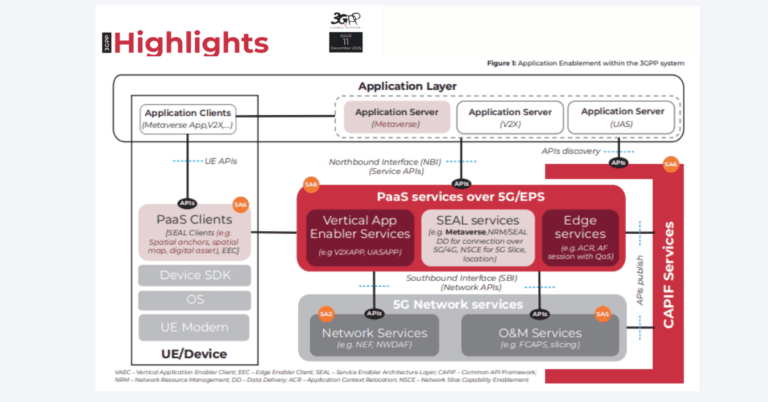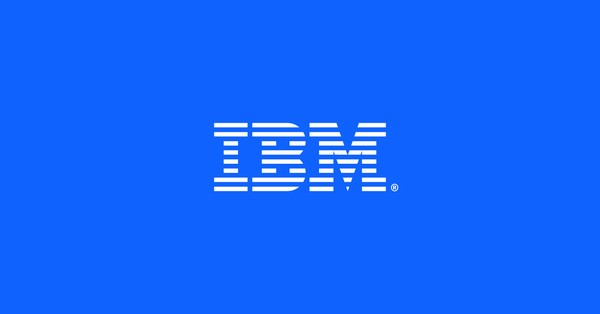AWS Expands Georgia Footprint with $11 Billion Investment
Amazon Web Services (AWS) has announced plans to invest $11 billion to expand its data center infrastructure in Georgia, positioning itself to meet the rapidly growing demand for cloud computing and AI technologies. The investment will support the development of data centers in Butts and Douglas counties, creating at least 550 new high-skilled jobs in the state, including roles for data center engineers, support engineers, network specialists, and security specialists.
According to Roger Wehner, AWS’s VP of Economic Development, “AWS’s ongoing infrastructure investments across the United States demonstrate our relentless commitment to powering our customers’ digital innovation through cloud and AI technologies.”
Georgia, already home to over 50 data centers from major tech players like Google and Meta, will see its role as a hub for advanced computing grow significantly with AWS’s latest expansion.
How AI Fuels AWS’s Georgia Expansion
The AI boom has been a significant factor behind AWS’s decision to enhance its infrastructure in Georgia. Generative AI and machine learning workloads demand high-performance GPUs and robust cloud infrastructure, and AWS has positioned its facilities to handle these advanced computing requirements.
In 2024, investments in data center hardware and software surged by 34% year-on-year, with the market reaching $280 billion, according to Synergy Research Group. This unprecedented growth was fueled by increasing investments in generative AI systems, which are expected to account for 19% of data center power demand by 2028, according to Goldman Sachs.
AWS’s Georgia data centers will play a pivotal role in supporting these AI-driven demands. The state’s existing fiber-optic infrastructure, cheap electricity, and state tax incentives make it an attractive location for such large-scale investments.
Georgia: A Rising Hub for Data Center Development
Georgia has become a hotbed for data center development due to its strategic location, favorable business environment, and existing technology ecosystem. According to real estate data firm Green Street, the Atlanta metro area’s data center inventory is projected to grow to a power load of over 4,000 megawatts by 2028, more than 30 times the region’s data center load in 2012.
In addition to AWS, companies like Microsoft, Google, and Meta have also made significant investments in the region. Microsoft, for instance, recently acquired land for a $1.8 billion data center. While these developments are contributing to Georgia’s economic growth, they have also sparked concerns among local communities about competition for land and the environmental impact of high energy consumption.
AWS’s $11B Georgia Plan: Part of a Global Strategy
The $11 billion investment in Georgia follows a similar announcement eight months ago, when AWS committed another $11 billion to expanding its data center infrastructure in Indiana. These initiatives reflect Amazon’s strategy to meet skyrocketing demand for cloud services and AI workloads, as well as to cement its position as the world’s leading cloud service provider.
AWS’s data center investments are part of Amazon’s broader commitment to capital expenditures, which totaled $75 billion in 2024, with plans to increase spending further in 2025. These investments will support AWS’s continued growth, which saw 11% year-on-year revenue growth in the third quarter of 2024, reaching $15.33 billion.
AWS’s focus on creating local training programs, such as those teaching fusion splicing techniques, is part of its effort to build a skilled workforce capable of managing its advanced facilities. Since 2010, AWS has invested $18.5 billion in Georgia, contributing $20.1 billion to the state’s GDP and supporting 34,000 full- and part-time jobs.
Energy Challenges in AWS’s Data Center Growth
The rapid expansion of data centers in Georgia and across the U.S. has drawn criticism for its environmental impact. Data centers are energy-intensive, and many rely on fossil fuels to meet their power demands. For example, Georgia Power, a key utility provider in the state, has been criticized for its reliance on non-renewable energy sources to support data center operations.
AWS has not detailed the sustainability measures it plans to implement for its Georgia facilities, but the company has committed to making its global operations more environmentally friendly. Achieving this will be crucial as public scrutiny of data center energy consumption continues to grow.
AWS’s Global Expansion Strategy: From Georgia to Thailand
AWS’s investment in Georgia comes on the heels of a broader global expansion effort. The company recently announced plans to establish a new cloud region in Thailand, its first in the country, with an investment of over $5 billion over the next 15 years. This marks AWS’s 14th infrastructure region in Asia-Pacific, highlighting its ambition to grow its footprint in emerging markets.
These global expansions underscore AWS’s strategy to dominate the cloud computing and AI markets, which are expected to see massive growth over the coming years. According to McKinsey, capital spending on data centers is projected to exceed $250 billion in the next five years.
AI Boom Spurs Massive Data Center Investments
AWS’s $11 billion investment in Georgia represents a broader trend of hyperscalers like Amazon, Microsoft, and Google ramping up data center development to support the growing demand for AI and cloud technologies. Microsoft, for example, plans to spend $80 billion in 2025 to expand its data center infrastructure, with more than half of that investment allocated to U.S. facilities.
The rise of generative AI is driving much of this growth, with businesses across industries investing heavily in AI-driven technologies that require immense computing power. As a result, data center operators are scaling up capacity at an unprecedented rate, reshaping the global technology landscape.
AWS’s $11B Georgia Investment: Strategic Growth for AI Era
AWS’s $11 billion investment in Georgia is a strategic move to capitalize on the surging demand for cloud services and AI technologies. By expanding its data center infrastructure and creating high-skilled jobs, AWS is solidifying Georgia’s position as a tech innovation hub while strengthening its own leadership in the cloud market.
While concerns about energy consumption and environmental impact remain, AWS’s investments reflect the growing importance of data centers in powering the digital economy. As the demand for AI and cloud services continues to rise, AWS is well-positioned to meet the needs of its customers and maintain its competitive edge in the rapidly evolving tech landscape.







































